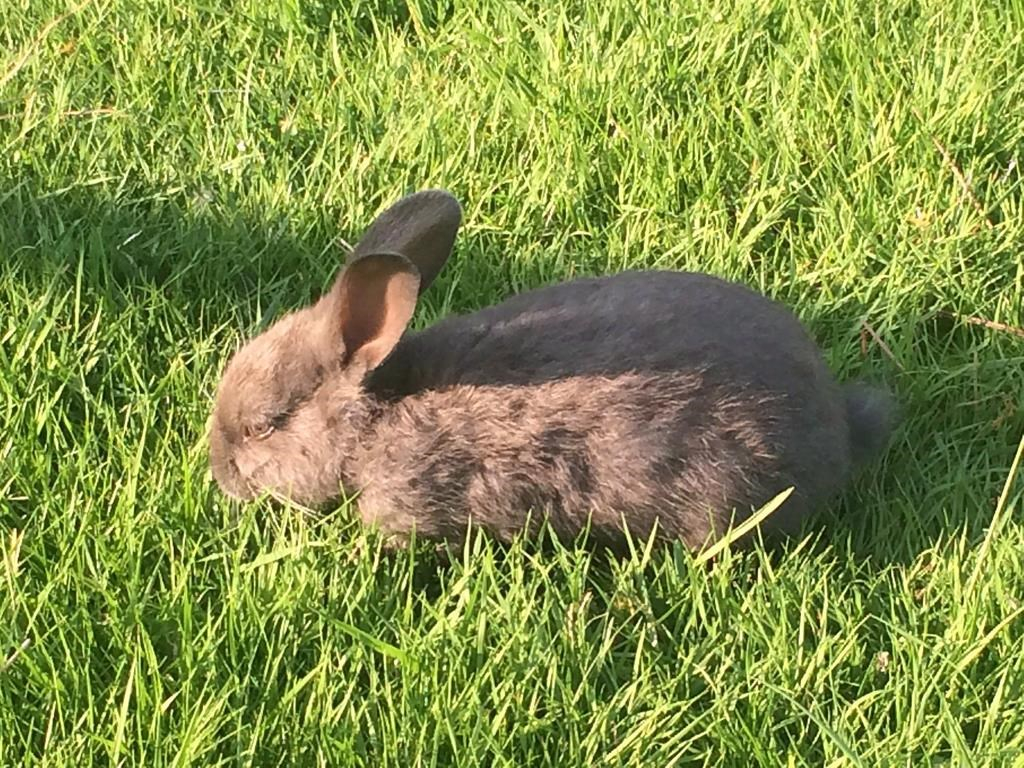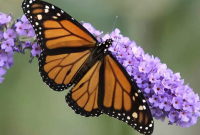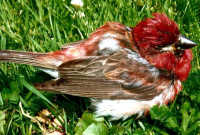A rare disease that kills feral rabbits has returned to parts of Vancouver Island, prompting British Columbia's chief veterinary officer to recommend owners vaccinate pet and domestic rabbits.
Jane Pritchard said Wednesday tests confirmed four rabbits in the Parksville area, about 150 kilometres northeast of Victoria, died from a highly infectious virus. The tests confirm the presence of rabbit hemorrhagic disease, which is caused by a calicivirus that only affects rabbits, she said.
The virus, which causes death within 36 hours, killed hundreds of rabbits last year across much of Vancouver Island and in Delta near Vancouver.
Pritchard said the provincial government sounded the alarm as soon as it was able to confirm the disease. She said the dead rabbits are all from the same place in Parksville, but the disease can spread rapidly.
"We're much more confident in the diagnosis, hitting it the second time around," Pritchard said. "The first time around when you first see a disease that's never been there before, you really need to confirm it and make sure that's it. This time there was no doubt."
Agriculture Minister Lana Popham said the source of the virus is unknown and provincial veterinarians in her ministry are monitoring the highly infectious and deadly disease.
"It's a hemorrhagic disease and unfortunately it can transfer to domestic rabbits and pet rabbits, but there is a vaccine available through your vet."
Pritchard said the best precaution against the disease for pet owners and commercial rabbit breeders is to vaccinate their animals. The virus only affects European rabbits and is not known to affect native North American breeds, she said.
It also does not affect dogs, cats, other pets or humans, said Pritchard.
"Thousands and thousands of doses of vaccine were brought into the province last year," she said. "Veterinarians have been vaccinating their clients rabbits since April of last year."
Pritchard said rabbit owners should keep their pet areas clean and ensure they do not expose their animals to materials from areas where feral rabbits may have been. They should monitor their rabbits daily for signs of illness and contact a veterinarian with any concerns.
She urged people who see a dead rabbit or notice population declines of rabbit colonies to report to conservation officers who can help Pritchard and her team monitor the potential spread of the virus.





Comments